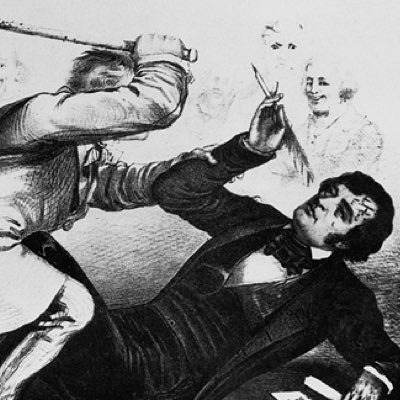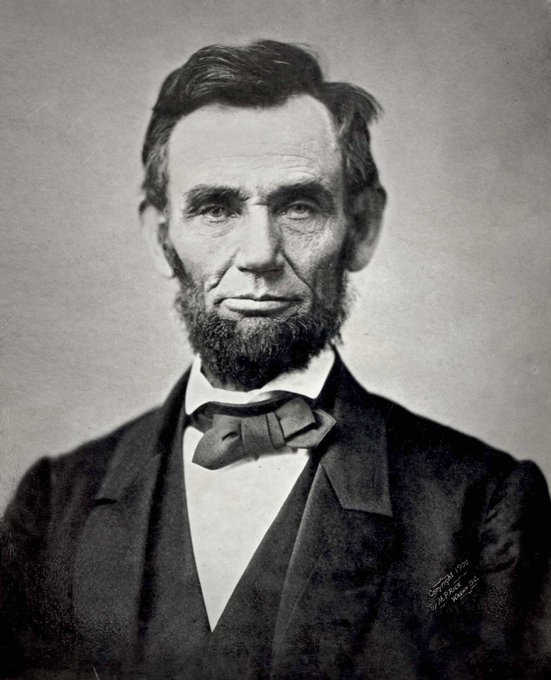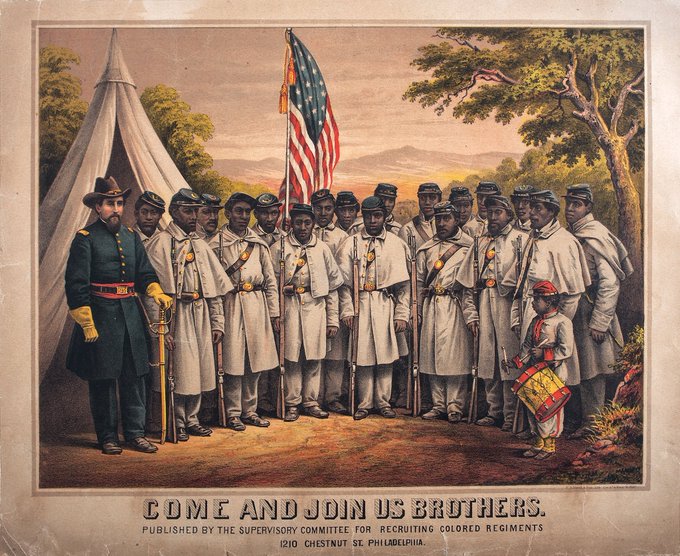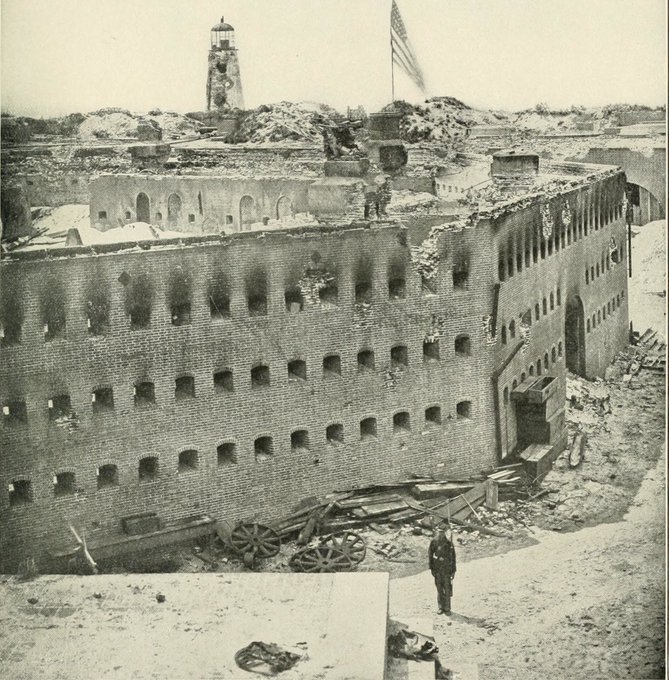The defenders had placed stakes in the channels, allowing them to range in all of their guns. Their fire was incredibly accurate, raking the Union gunboats and forcing the USS Clifton and Sachem to surrender. Over 350 casualties were suffered, against none for the defenders.
@CNZander I respectfully submit: Winfield Scott / Dr. Julius Strangepork
General William Rosecrans was born #OTD in 1819. A graduate of @WestPoint_USMA, he secured several critical victories for the Union in the Western Theater of the #CivilWar, including the Battles of Iuka, Corinth, and @StonesRiverNPS.
At 36 and 39, respectively, McClellan and Pendleton remain the youngest ticket ever nominated by one of the major political parties. McClellan would go on to lose the election, in part because the soldiers he used to command overwhelmingly voted by mail for Abraham Lincoln.
The Democratic National Convention began #OTD in 1864. Bitterly divided between pro-war and pro-peace factions, @TheDemocrats finally adopted a pro-peace platform. Gen. George McClellan was nominated for President, and Rep. George Pendleton of Ohio for Vice President. #CivilWar
One brigade of infantry under Gen. James Ricketts and a regiment of cavalry under Col. Percy Wyndham were outnumbered more than 5-to-1 by Longstreet’s corps. After pushing back the cavalry, Longstreet held the high ground, and used the position to pour fire down on Rickett’s men.
The fleet returned in the morning, bombarding Ft. Hatteras, and stopping an attempt to land confederate reinforcements. With no guns that could reach the ships, confederate commander Samuel Barron agreed to surrender. The inlet was controlled by the US for the rest of the war.
Bvt Brig. General Frederick Benteen was born in 1834. He served in the Western Theater during the war, rising to Colonel and commanding a regiment of US Colored Troops. A Captain under Custer, he survived the battle, but was widely criticized for failing to come to Custer’s aid.
The action left Fort Morgan unsupported, and @USArmy land forces under General Gordon Granger soon laid siege to the fort. After two weeks of constant bombardment, the fort commander, Richard Page, finally surrendered on August 23.
































